Editorial
President Buhari and emergency powers
Published
8 years agoon
By
Olu Emmanuel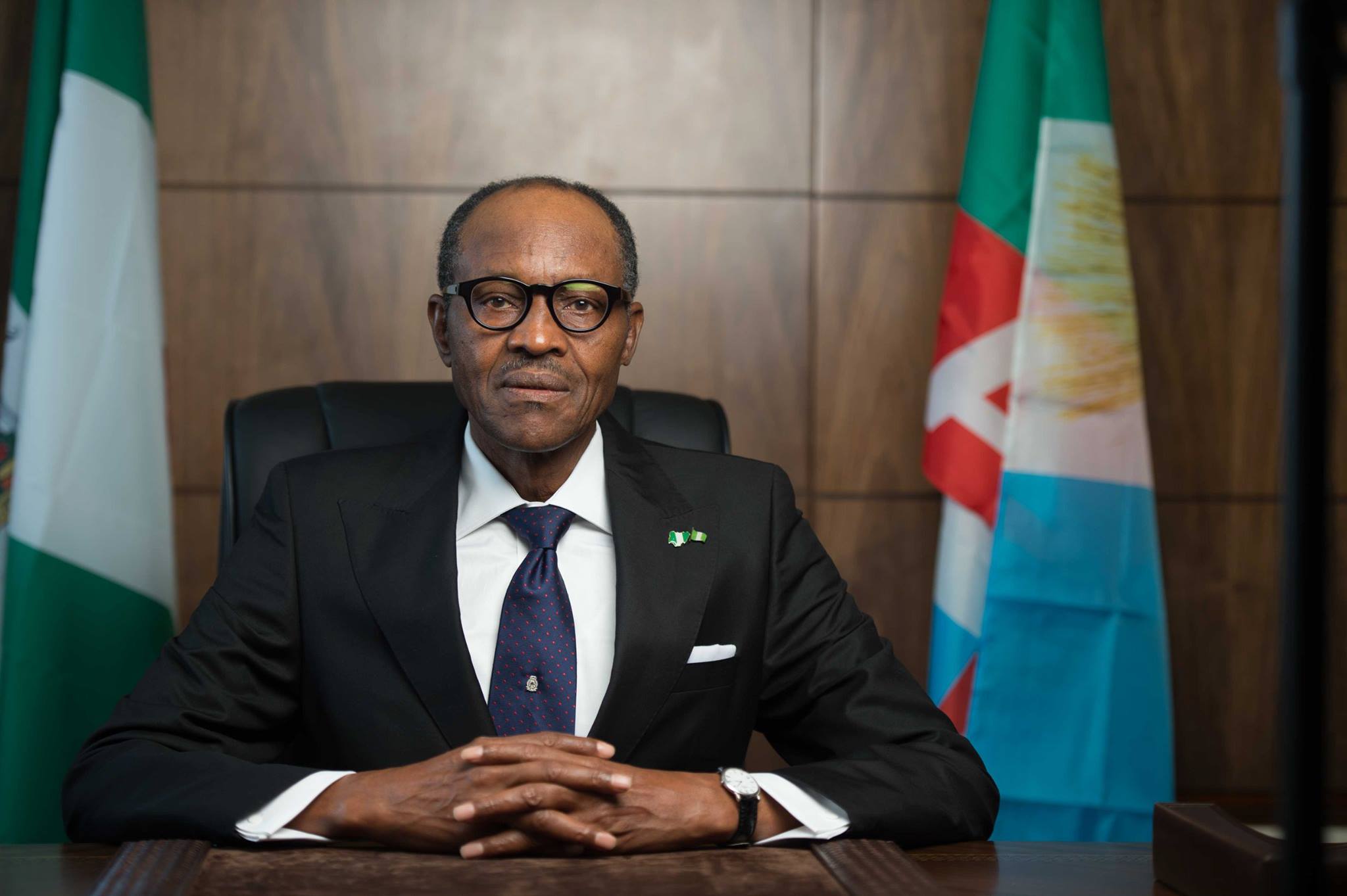
EVEN to the most convinced ideologues of Buharism, the President’s recent demand, through the Vice-President, for emergency powers to tackle the economy, is strange, being uncalled-for. The demand, even though denied by the presidency, has expectedly generated a lot of anxiety and concern among Nigerians. Nigerians are not unaware that the Nigerian nation-space is in a recession, but to ask for extra powers for President Muhammadu Buhari, in addition to the immense statutory and constitutional powers which make the Nigerian President about the most powerful head of state in the world, is to seek to transform Nigeria into an autocracy, a dictatorship. But the supporters of this odious move are not in short supply!
News report has said that Buhari would be seeking emergency powers from the National Assembly to get the economy out of recession, shore up the value of the naira, create more jobs, boost foreign reserves, improve power and revive the manufacturing sector.
Additionally, the draft Bill, compelled by a proposal from the National Economic Committee headed by Vice-President Yemi Osinbajo, is said to seek more statutory powers for the President. In the draft Bill, the Executive will be given sweeping powers, among other things, to set aside some extant laws and use executive orders to roll out an economic recovery package within the next one year. He is to abridge the procurement process “to support stimulus spending on critical sectors of the economy”; he is to abridge the process of sale or lease of government assets to generate revenue; he is to amend or cause the National Assembly (NASS) to amend certain extant laws, such as the Universal Basic Education Commission Act, etc., etc.
We dare ask the proponents of these “emergency powers” what specifically are those things which the President should have done but cannot do now as a result of certain laws? Is it being suggested that the NASS should amend the suggested laws while Nigeria remains in a recession and resuscitate them when the recession is over? Have the reasons for such extant laws lapsed?
Any move to give more powers, emergency or not, to the President will steer our democracy into perilous waters. The pitfalls of a myopic gift of emergency powers to the President will be too tragic to imagine. We have to tread cautiously and arrest any attempt to sacrifice our democracy on the altar of impulse and autocratic ambition.
We believe that all the laws enacted by the NASS are thoughtful and meant for the good governance of this great nation or any part thereof. These laws are sacrosanct and never meant to be abused or bent backwards and forwards according to the whims and caprices of any head of state. Certain distinguishing and surefire characteristics of President Muhammadu Buhari are steadfastness and integrity which he marshals in the fight against corruption. Now the same leader should not be seen furtively approaching totalitarianism, autocracy and the enemy of social and political democracy.
ALSO SEE: Buhari’s economic emergency powers: Fear grips business owners from South
If the President Buhari succeeds, God forbid, in the present call for more powers, he or his advisers will one day call for a review of that aspect the 1999 Constitution which makes Nigeria a federation and throw Nigeria into unitarism and full-blown authoritarianism! He would one day call for a phenomenal increase in the Federal Allocation from the Federation Account from 54% to 70% so that the Federal Government can better deliver the dividends of democracy! Today, even if it is well known that “virement”, in itself, is a technical or constructive breach of the Appropriation Act, the President wants to compound this breach by seeking to introduce a bill to “allow virement of budgetary allocations to projects that are urgent”; tomorrow, he might dishonour the entire 2016 Budget (a national Law) without recourse to the NASS. The President wants to “abridge the process of sale or lease of government assets to generate revenue”; he wants to “abridge the procurement process to support stimulus spending on critical sectors of the economy”; he also wants to “make orders to favour local contractors/suppliers in contract awards.” Further, he wants to amend certain laws such as the Universal Basic Education Commission Act so that states that cannot access their cash (about N58 billion) trapped in the accounts of the Commission because they cannot meet the counterpart funding (50% thereof), can do so.
All these will add up to one thing: the introduction into the body politic of songs of fiscal indiscipline and irresponsibility as well as constitutional and democratic nunc dimitis. Not a few Nigerians are asking whether, after amending these laws because the country is in recession, the amended laws will be re-amended after the nation recovers from recession; or, to put it another way, are the proponents of emergency powers saying that there was no raison d’être for these laws in the first place?
Nigeria MUST be governed by the rule of law and the due process of the law at all times. There should be no room for volitional, discretionary or emergency powers, autocracy or dictatorship because of anything, including recession. We, all Nigerians, have to be watchdogs over our leaders’ penchant for powers to prevent their precipitate drift into totalitarianism, a pastime of most African leaders.
You may like
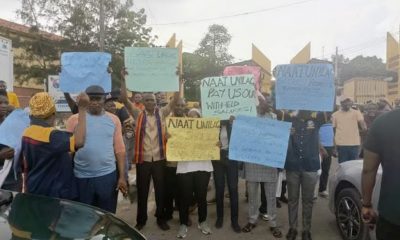

SSANU, NASU members block UNILAG gate over withheld salaries
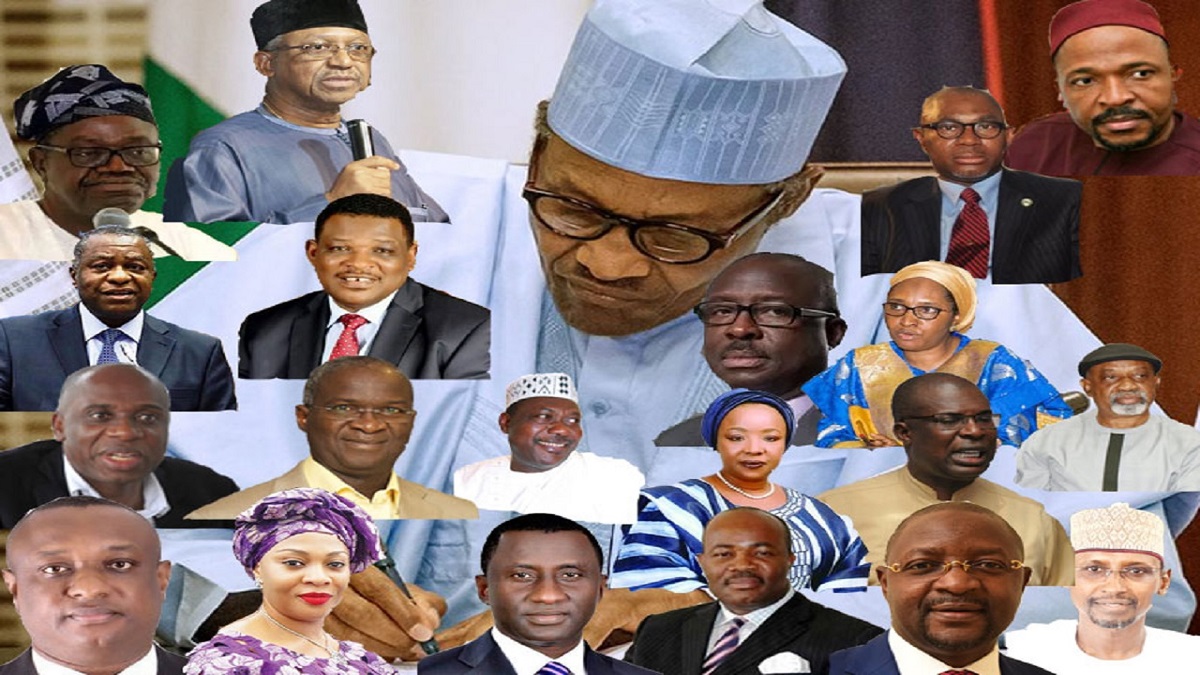

The costly impotence of Buhari’s presidency
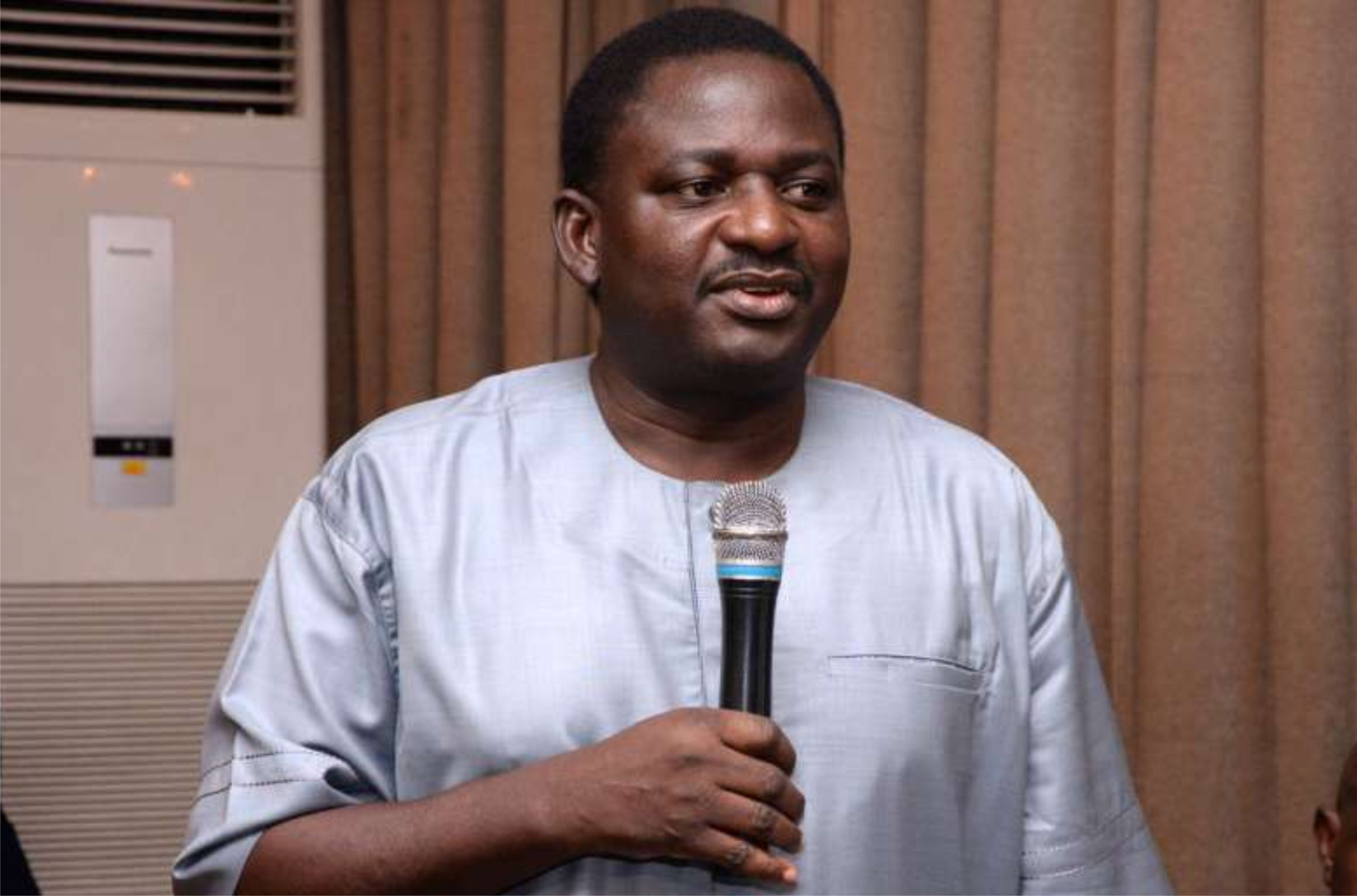

FG did not suspend removal of fuel subsidy because of 2023 elections – Femi Adesina


President Muhammadu Buhari on why he didn’t sign the electoral bill passed in NASS
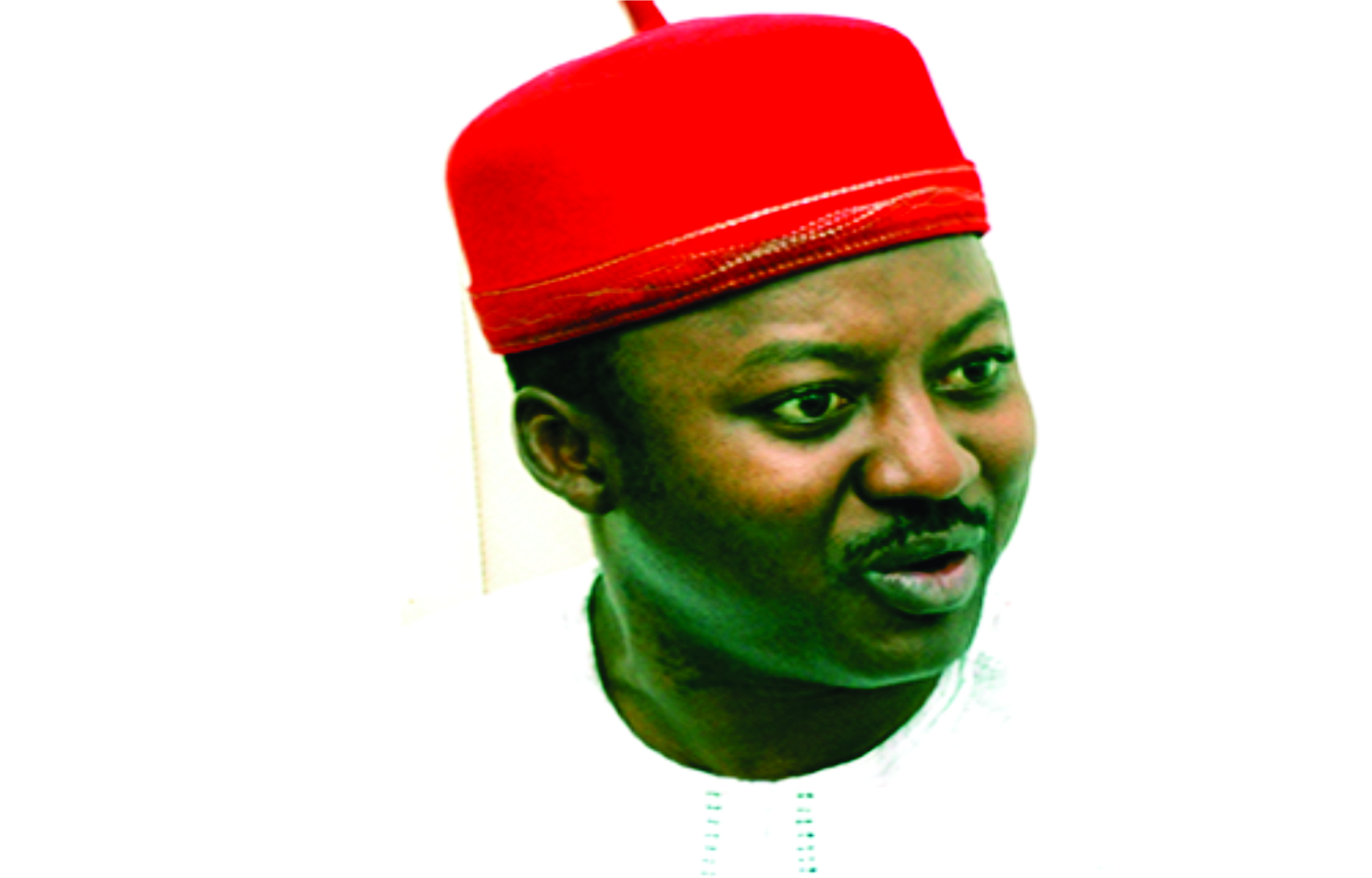

Buhari’s six years’ score card horrible, failed in all sectors – Onovo


Buhari felicitates with Obasanjo at 84
Trending

 Football2 days ago
Football2 days agoGuardiola advised to take further action against De Bruyne and Haaland after both players ‘abandoned’ crucial game

 Business1 week ago
Business1 week agoDollar crashes further against Naira at parallel market

 Business1 week ago
Business1 week agoRecapitalisation: Zenith Bank to raise funds in international capital market

 Education1 week ago
Education1 week agoArmy reveals date for COAS 2024 first quarter conference

 Crime1 week ago
Crime1 week agoFleeing driver injures two on Lagos-Badagry expressway

 Covid-191 week ago
Covid-191 week agoBritish legislator demands Bill Gates, other ‘COVID Cabal’ faces death penalty

 Business1 week ago
Business1 week agoZenith Bank surpasses N2trn earnings milestone

 Latest5 days ago
Latest5 days agoIsrael pounds Hezbollah with airstrikes after Iran attack

